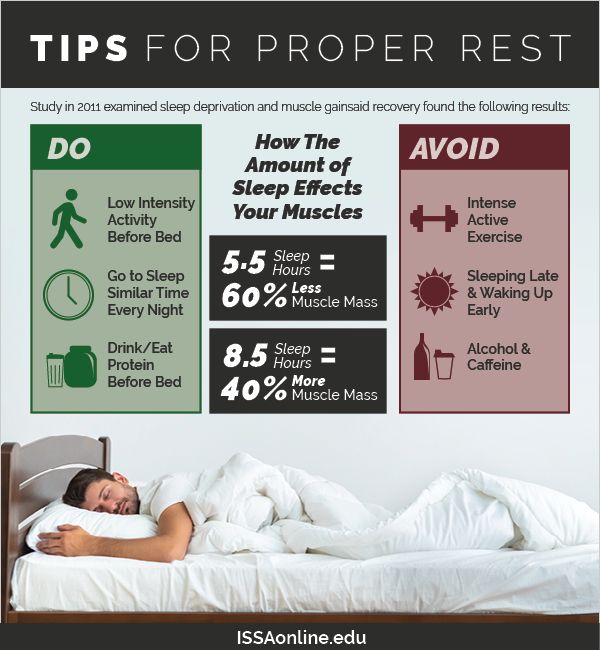The Role of Sleep in Muscle Recovery
When it comes to optimizing your performance in the tech industry, you may think that long hours spent working and coding are the key to success. While hard work is important, one crucial factor that is often overlooked is the role of sleep in muscle recovery. In this article, we will explore the importance of sleep in aiding muscle recovery and how it can benefit tech professionals.
The Science Behind Muscle Recovery
Before diving into the importance of sleep, it’s essential to understand how muscle recovery works. When you engage in physical activity, whether it’s through a workout or a long coding session, you create tiny tears in your muscle fibers. These tears are repaired and rebuilt during the recovery process, which leads to muscle growth and increased strength. However, for this repair process to occur efficiently, your body needs adequate rest and recovery time.
The Role of Sleep in Muscle Recovery
Sleep plays a vital role in the muscle recovery process. During sleep, your body releases growth hormone, which is essential for muscle repair and growth. Additionally, sleep allows your body to enter into a state of rest and repair, where the repair process of muscle fibers is accelerated. Without enough sleep, your body will struggle to repair and rebuild muscle tissue effectively, leading to slower recovery times and potential muscle strain.
The Benefits of Proper Sleep for Tech Professionals
As a tech professional, you may find yourself working long hours and sacrificing sleep to meet deadlines. However, prioritizing sleep can have significant benefits for your performance and overall well-being. Here are some of the ways that proper sleep can benefit tech professionals:
Improved Muscle Recovery
By ensuring that you get an adequate amount of quality sleep each night, you can support the muscle recovery process and reduce the risk of injury. This can lead to improved performance in the workplace and increased productivity.
Enhanced Cognitive Function
Sleep is essential for cognitive function, memory consolidation, and problem-solving skills. By getting enough sleep, you can enhance your focus, creativity, and decision-making abilities, which are crucial for success in the tech industry.
Reduced Stress and Burnout
Proper sleep can help reduce stress levels and prevent burnout, allowing you to better cope with the demands of a fast-paced tech environment. Sleep is essential for regulating stress hormones and promoting emotional well-being.
Tips for Improving Sleep Quality
If you’re struggling to get enough quality sleep, there are several strategies you can implement to improve your sleep hygiene. Here are some tips for enhancing your sleep quality:
Establish a consistent sleep schedule
Try to go to bed and wake up at the same time every day, even on weekends. This can help regulate your body’s internal clock and improve sleep quality.
Create a relaxing bedtime routine
Engage in calming activities before bed, such as reading a book, taking a warm bath, or practicing mindfulness. Avoid screens and stimulating activities that can disrupt your sleep.
Create a comfortable sleep environment
Ensure that your bedroom is cool, dark, and quiet to promote a restful sleep environment. Invest in a comfortable mattress and pillows to support optimal sleep quality.
In Conclusion
Sleep plays a crucial role in muscle recovery and overall well-being for tech professionals. By prioritizing sleep and implementing healthy sleep habits, you can support your body’s repair process, enhance cognitive function, and reduce stress levels. Make sleep a priority in your daily routine to optimize your performance in the tech industry.
Remember, quality sleep is not a luxury but a necessity for achieving success in your tech career.
Get the rest you need to recover, recharge, and thrive in the fast-paced world of technology.
Good night and good luck!


